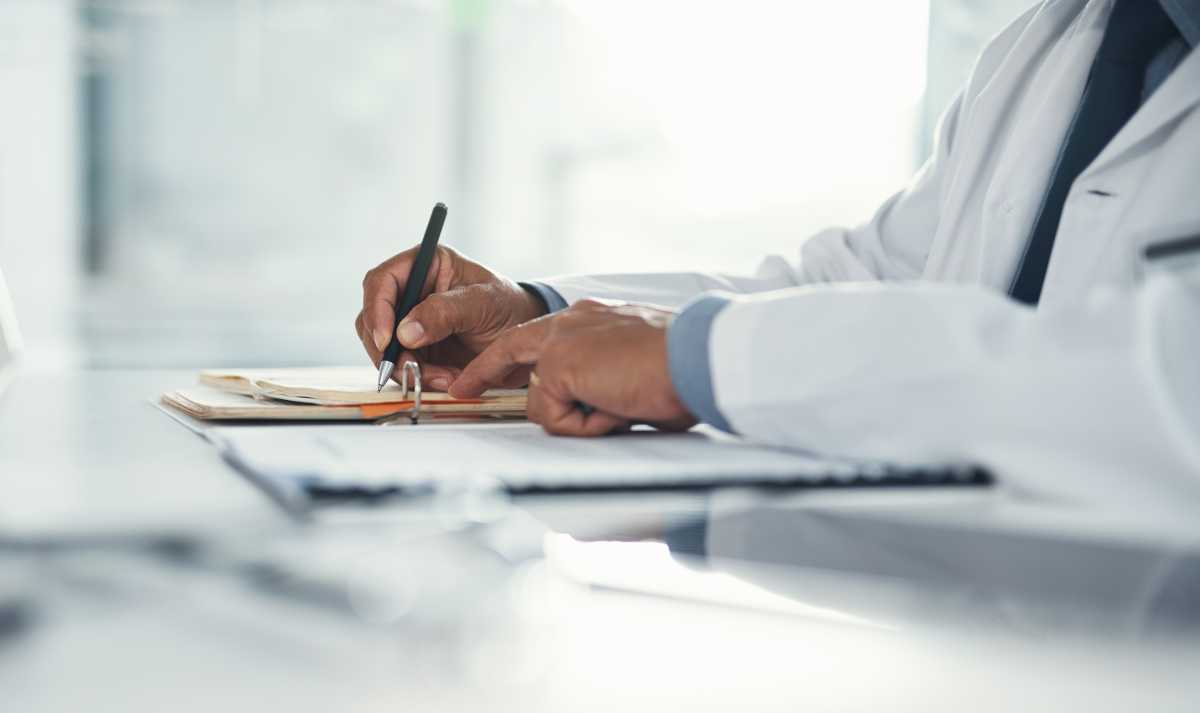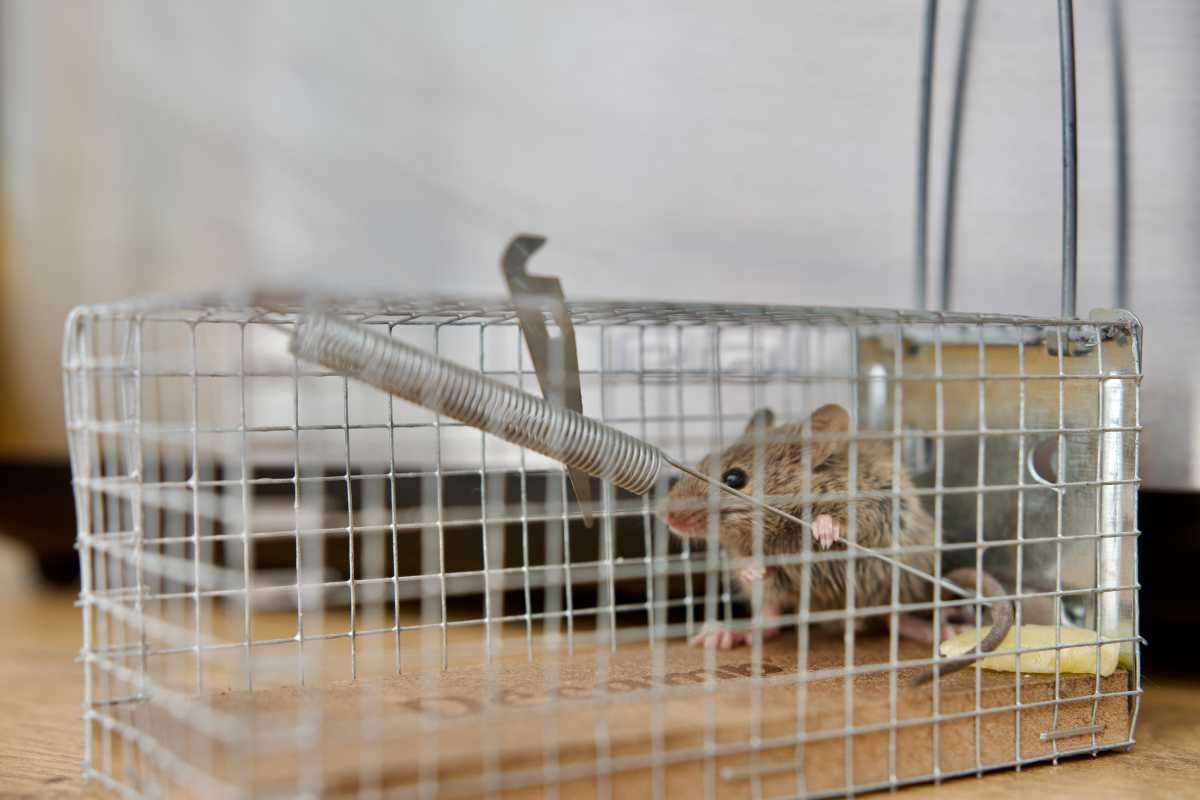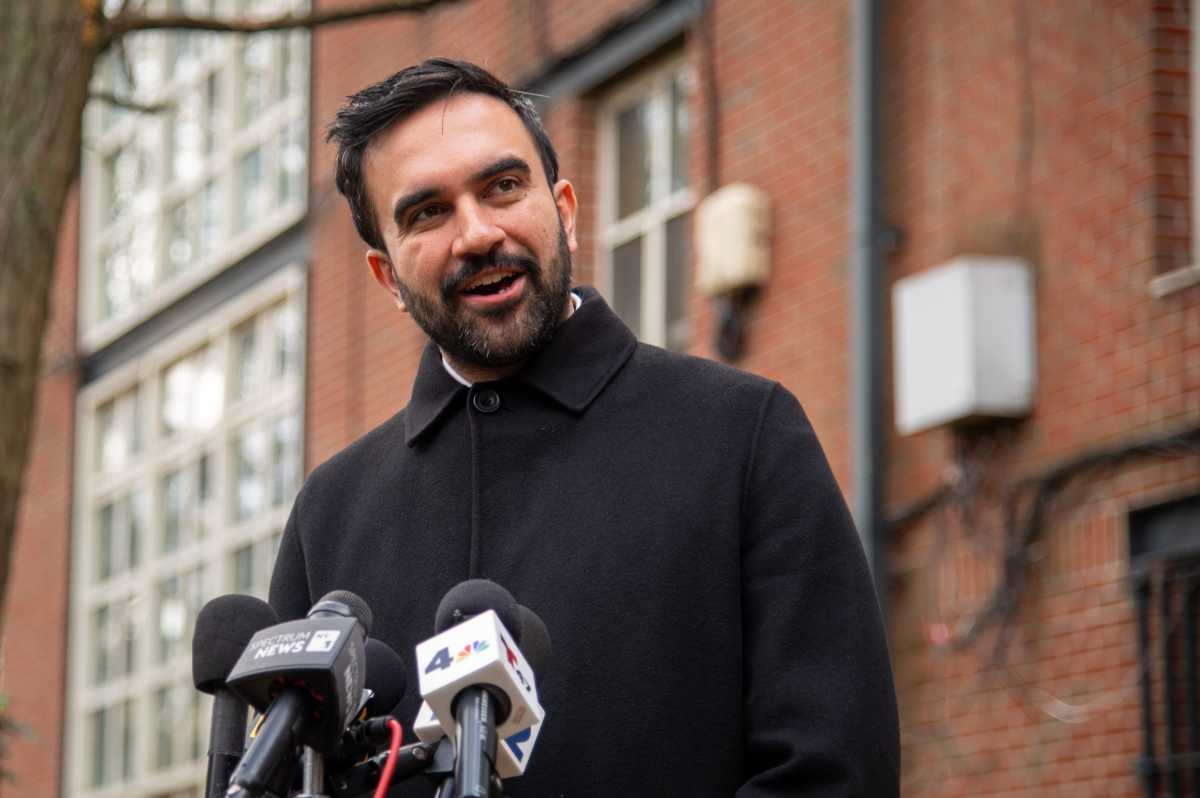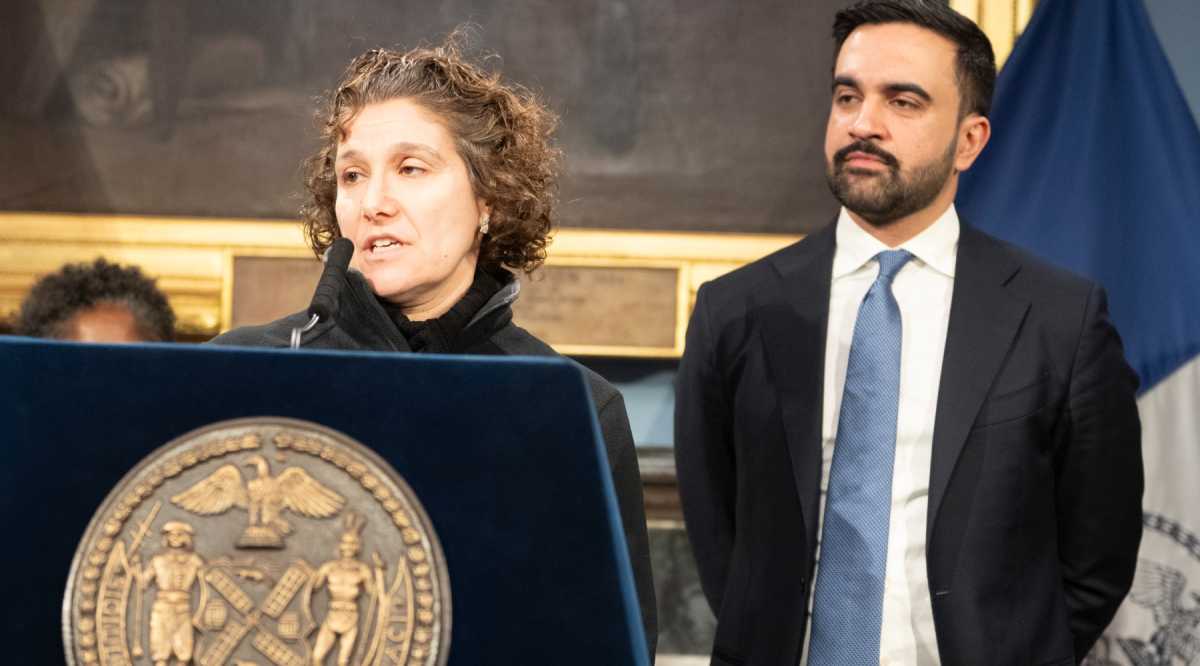While COVID-19 deaths and infections continue to decline, New York City may be entering a grim new chapter that posits the question of what the collective mental health can endure.

NYC Well, the city’s behavioral health helpline and a signature part of First Lady Chirlane McCray’s ThriveNYC program, reported that the number of incoming calls and web sessions has swelled this month compared to previous years. In March of last year, NYC Well outlined an average of 6,496 calls and chats- a 25% increase to this month’s average of 8,712.
However, this has not gone unnoticed by local and state authorities. Governor Cuomo, in his Friday briefing, directed insurers to waive cost-sharing, co-pays and deductibles for essential workers seeking mental health services.
This is a mental heath crisis.
NY wants you to know: You are not alone.
If you need support, call the New York State Emotional Support Hotline at 1-844-863-9314.#MentalHealthAwarenessMonth
— Andrew Cuomo (@NYGovCuomo) May 1, 2020
This necessary action comes on the heels of the troubling effects COVID-19 is having on the front line workers in NYC.
The piling up pull of mental health issues was accentuated with the two recent health care worker suicides – including that of emergency medical technician John Mondello from the Bronx and emergency physician Lorna Breen, who worked in the NewYork-Presbyterian Allen Hospital.
U.S. Rep. Grace Meng (D-Queens) spoke to this point as well, in a letter to President Trump, calling for the next coronavirus relief package to include mental health resources for frontline health care workers.
“The stress and anxiety from the exhaustive work they do – treating daily floods of coronavirus patients, high COVID-19 death rates, fear over lack of PPE, long hours, and separation from loved ones – is taking a huge emotional toll on many of these professionals,” the letter read.
The lawmakers who signed the letter urged that the CARES 2.0 package contains significant funding for mental health services for the people who will deal with impacts of COVID-19 far past its end date.
Queens Borough has seen a deadly uptick in suicide rates since the beginning of coronavirus lockdown. Queens District Attorney Melinda Katz released figures that showed a doubling of suicide deaths from March 15- April 28 since last year.
By comparison, since the beginning of the shutdown in late March, about the same number of people have committed suicide as those who died by suicide between Jan. 1 and April 19 in 2019.
“There is a mental health component to this health crisis that needs our attention,” Katz told reporters. “Since this pandemic began the numbers of suicides in Queens County have soared. The victims are young and old – no one is immune. Please reach out to your friends and neighbors. Check-in on each other because nobody should be alone in this and there is absolutely no shame in reaching out for help.”
According to the City’s Department of Health and Mental Hygiene (DOHMH), as of April 26, there has not been an increase in emergency room visits for suicide-related concerns across all ages in the city since the COVID-19 outbreak. There have been, however, a spike in the volume of calls, texts, and chats to NYC Well.
“In the last available week (April 13-19) the volume of answered contacts remains elevated compared to the average number of weekly answered contacts in 2019,” said DOHMH spokesperson Patrick Gallahue in an email.
“We recognize that people are suffering during this crisis but help is available. We urge anyone who is experiencing a mental health crisis to reach out to NYC Well,” he added.
For more information on mental health services go to https://nycwell.cityofnewyork.us/en/ or call: 1-888-NYC-Well (1-888-692-9355); text: “Well” to 65173; or chat: nyc.gov/nycwell










